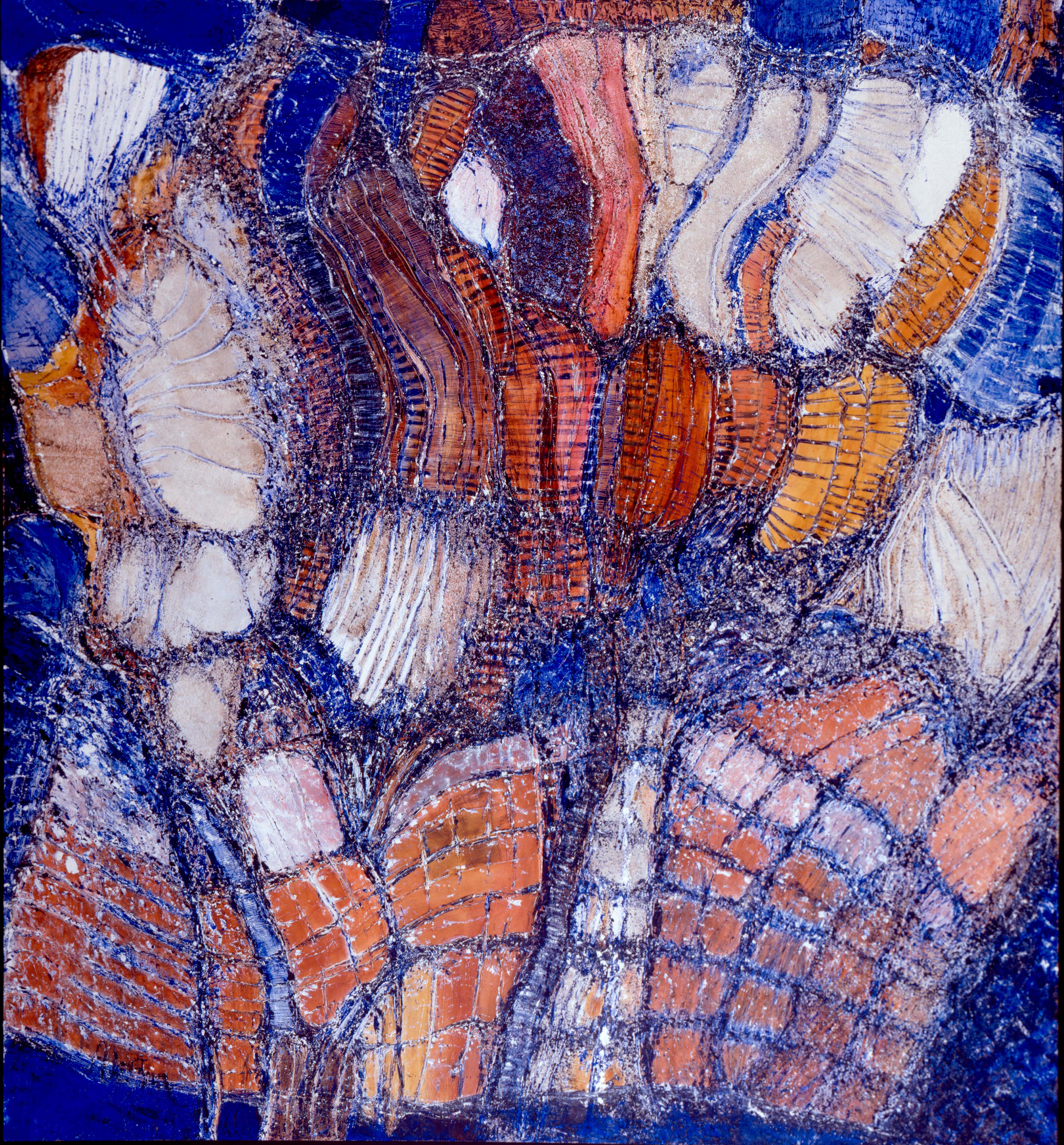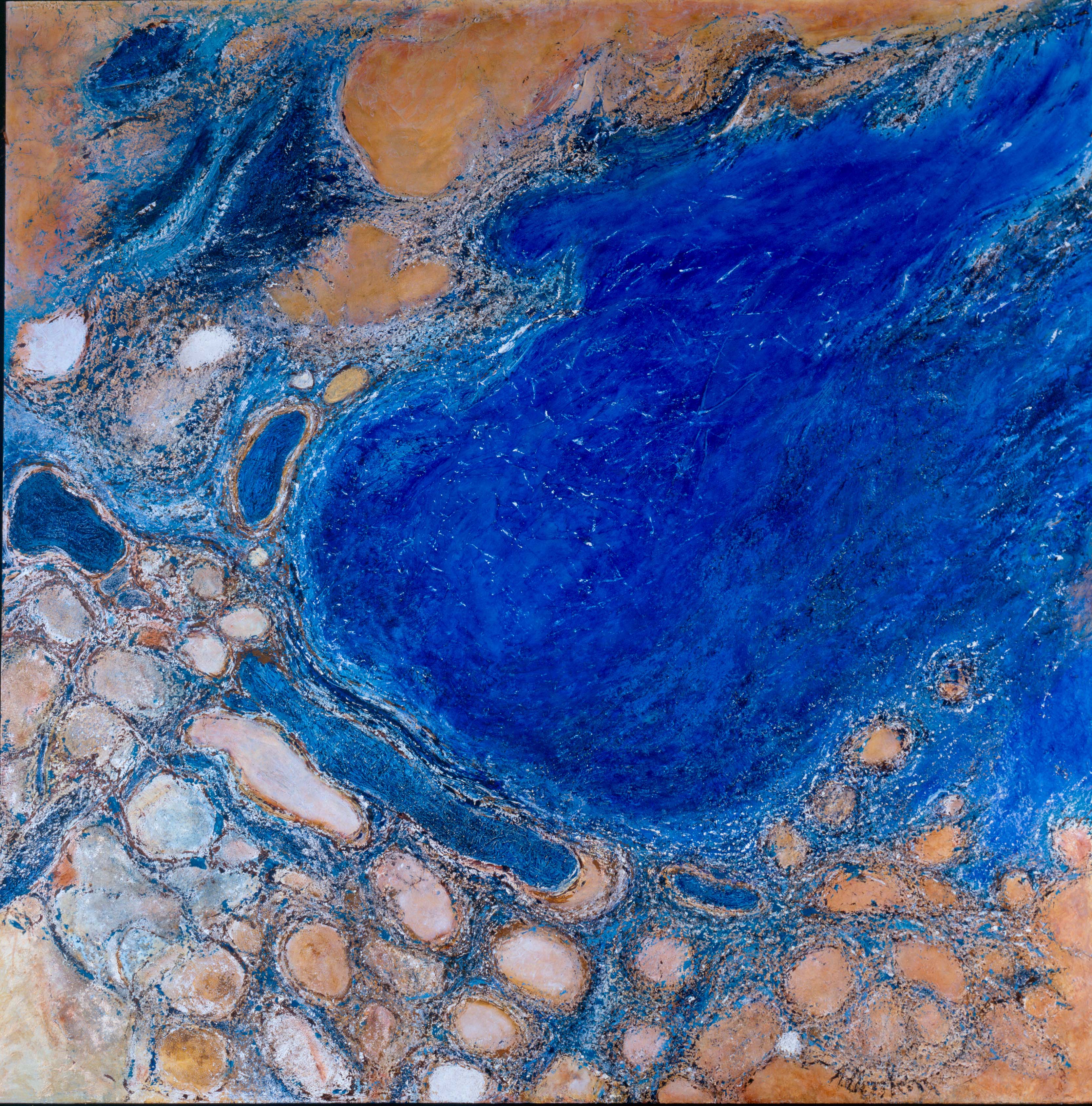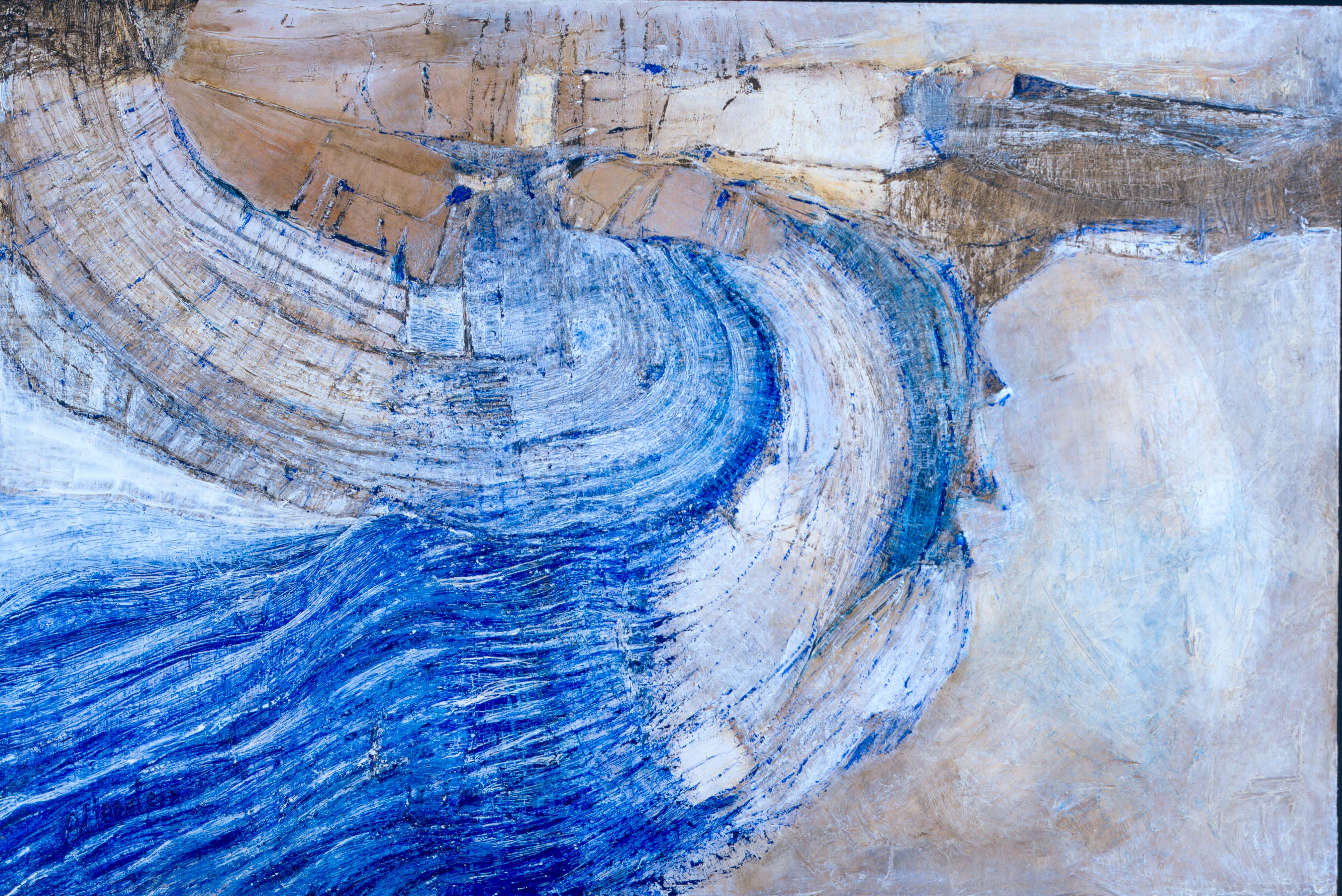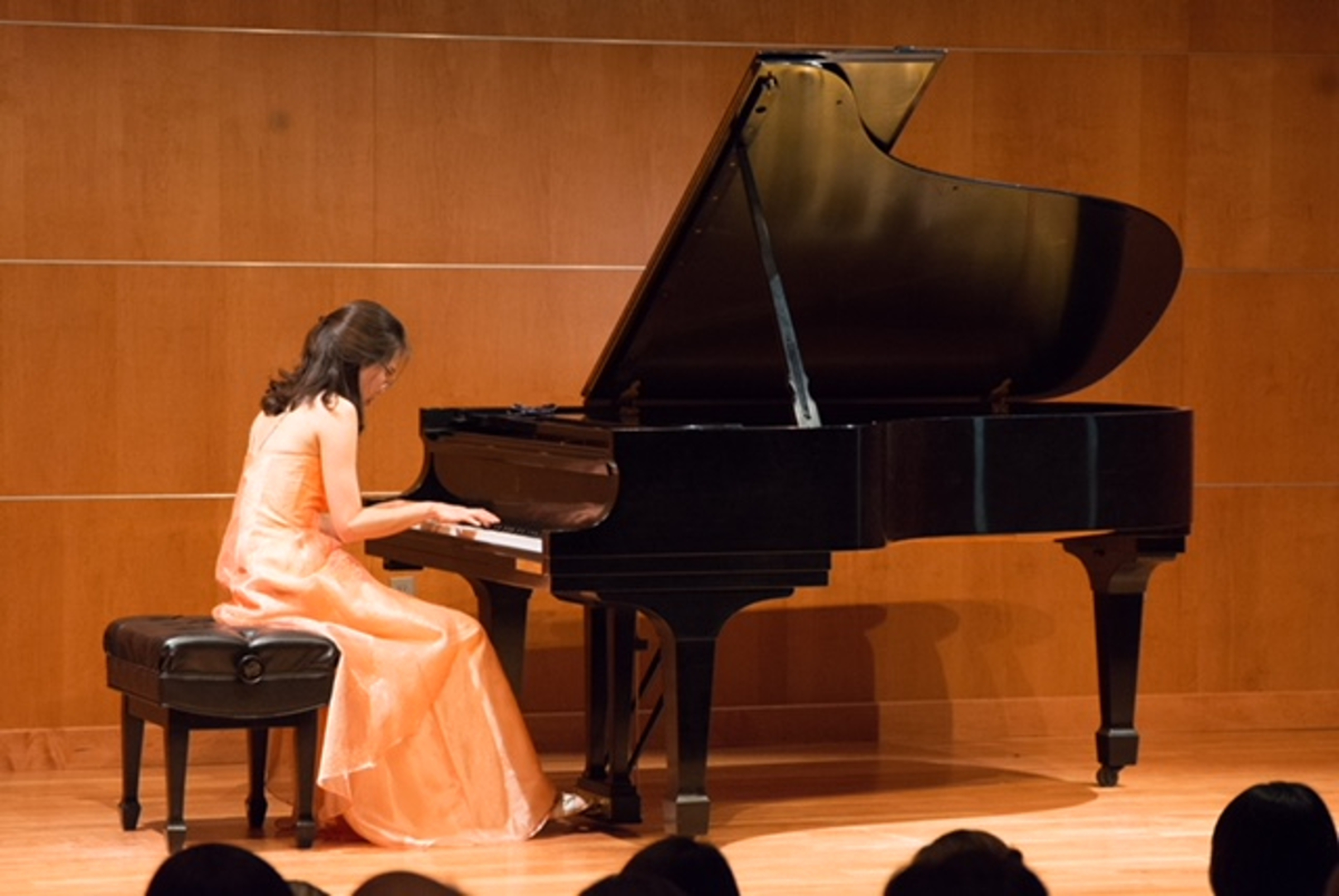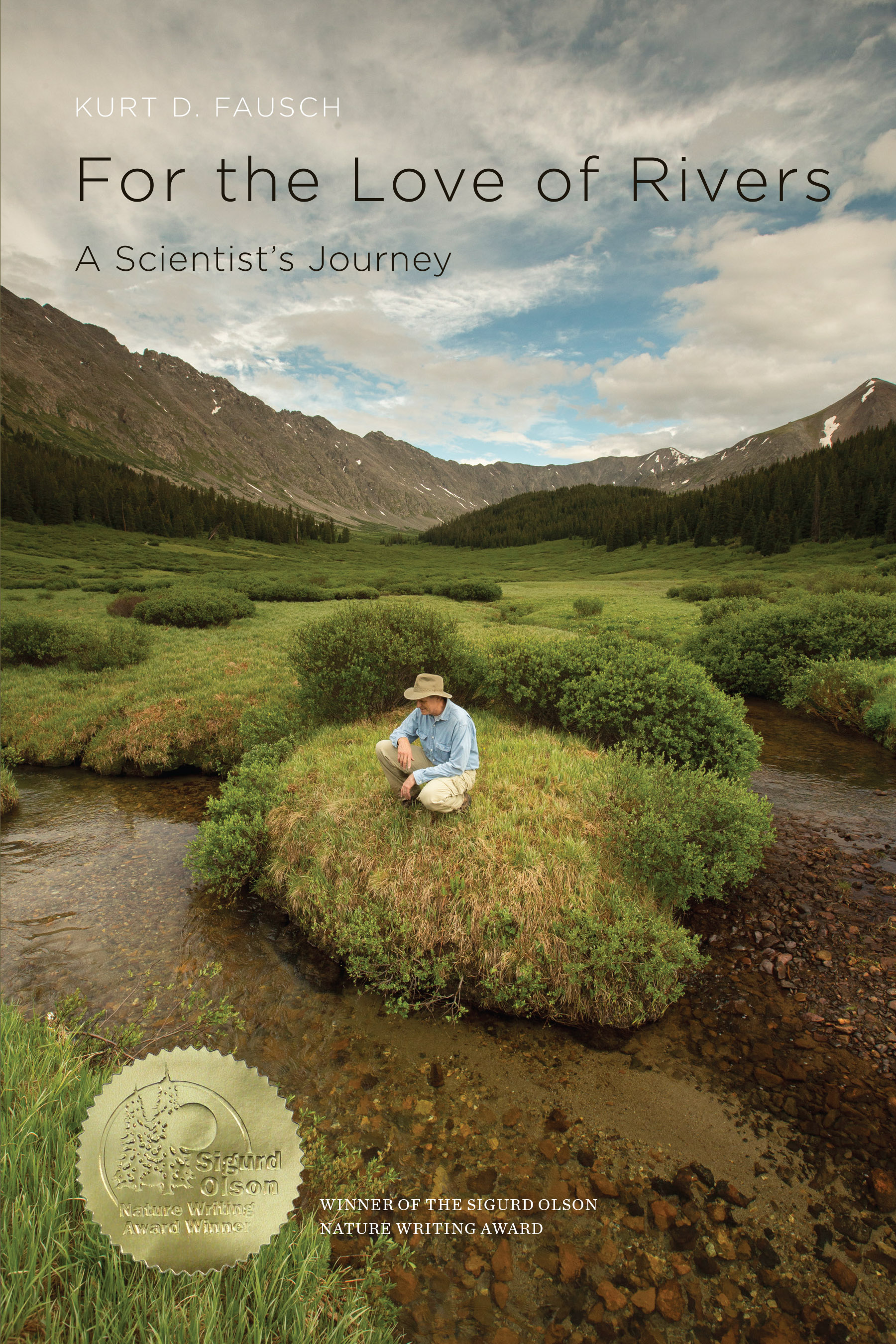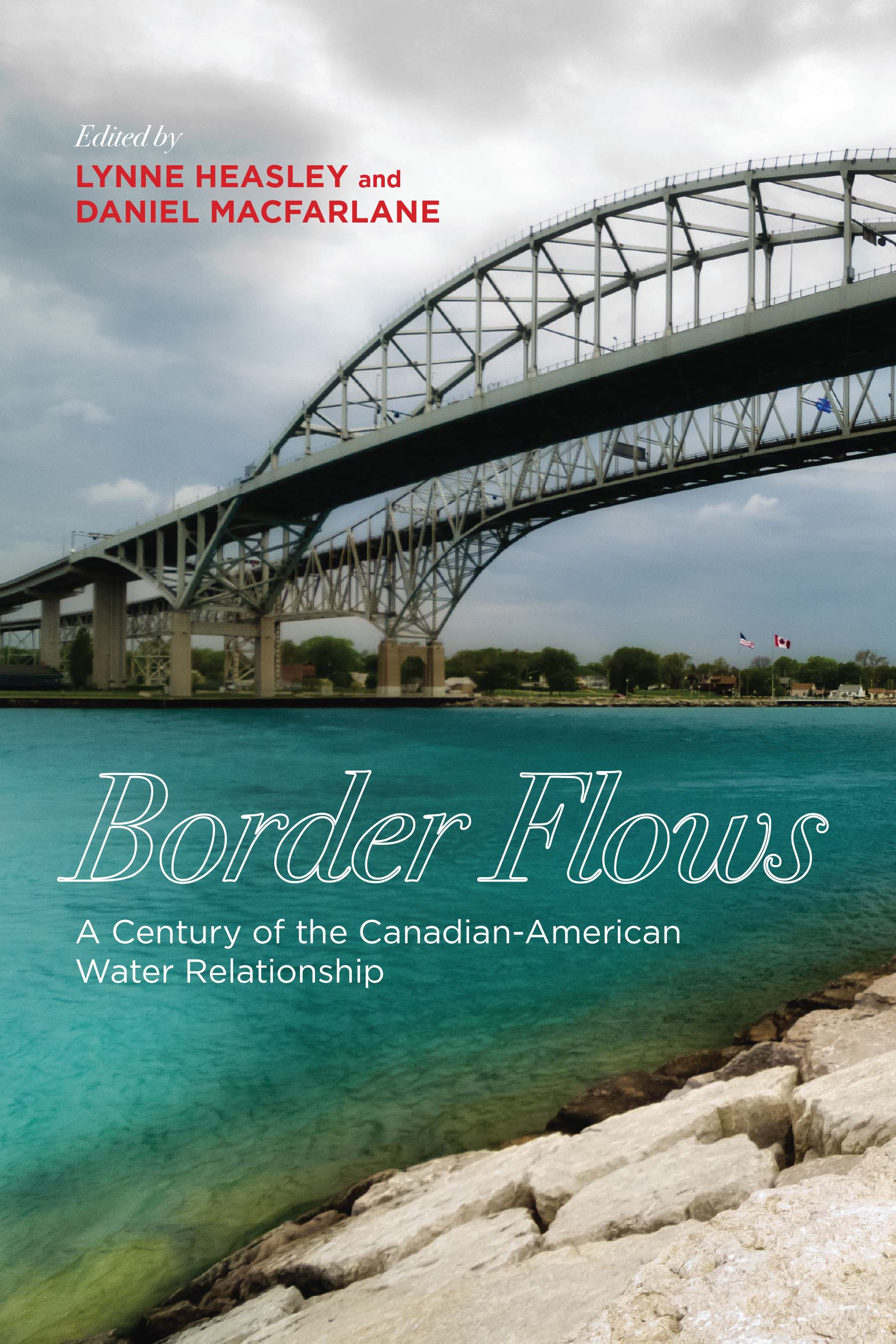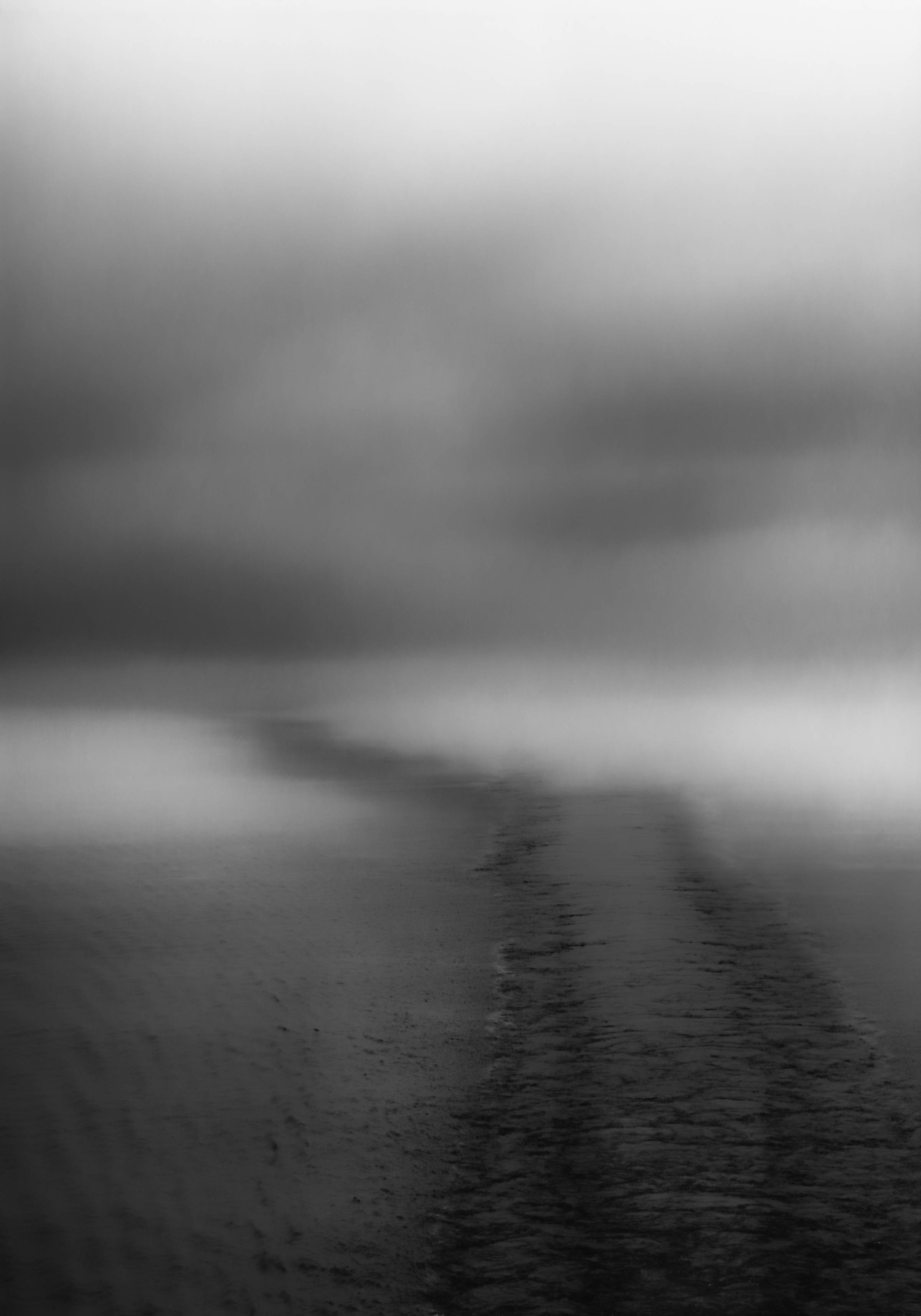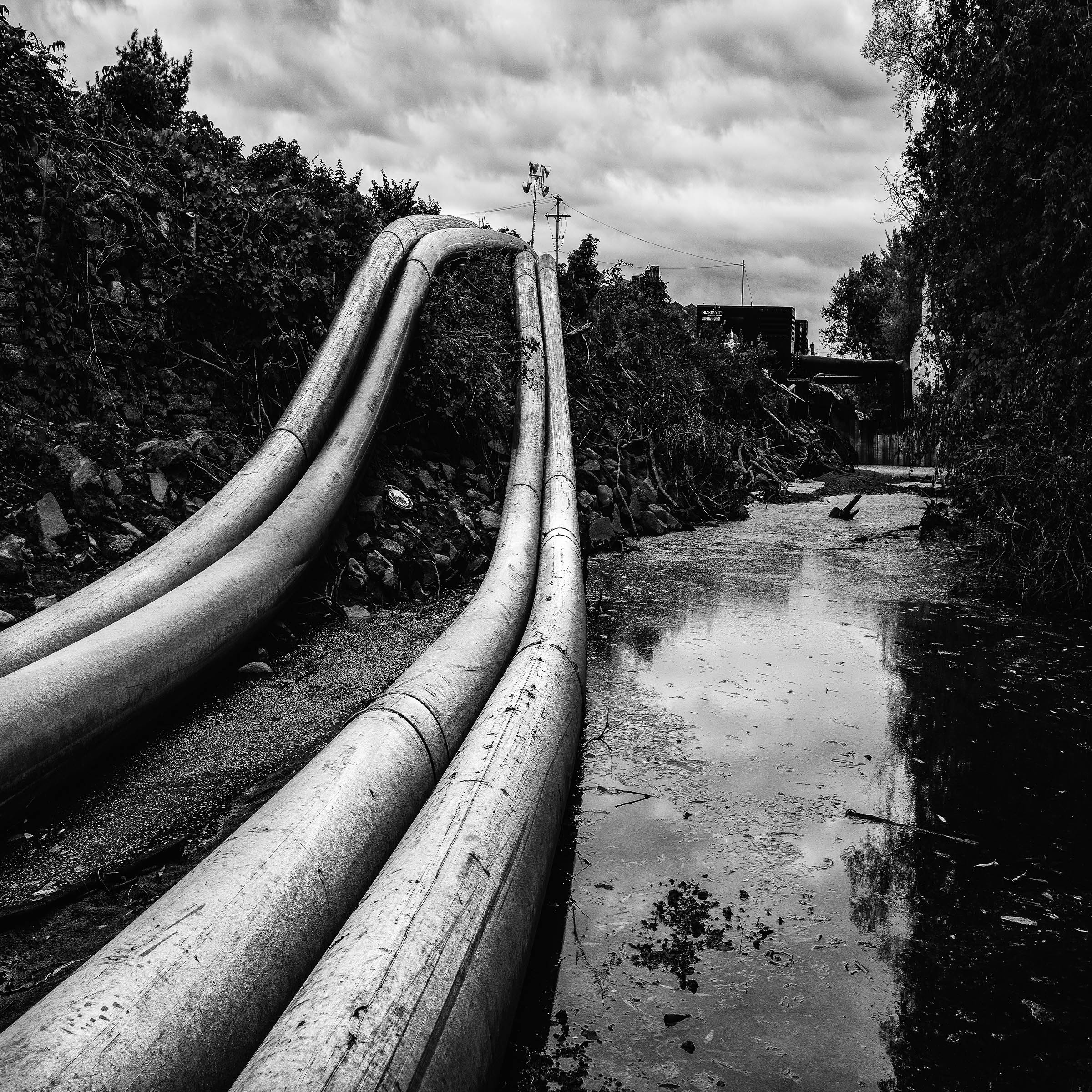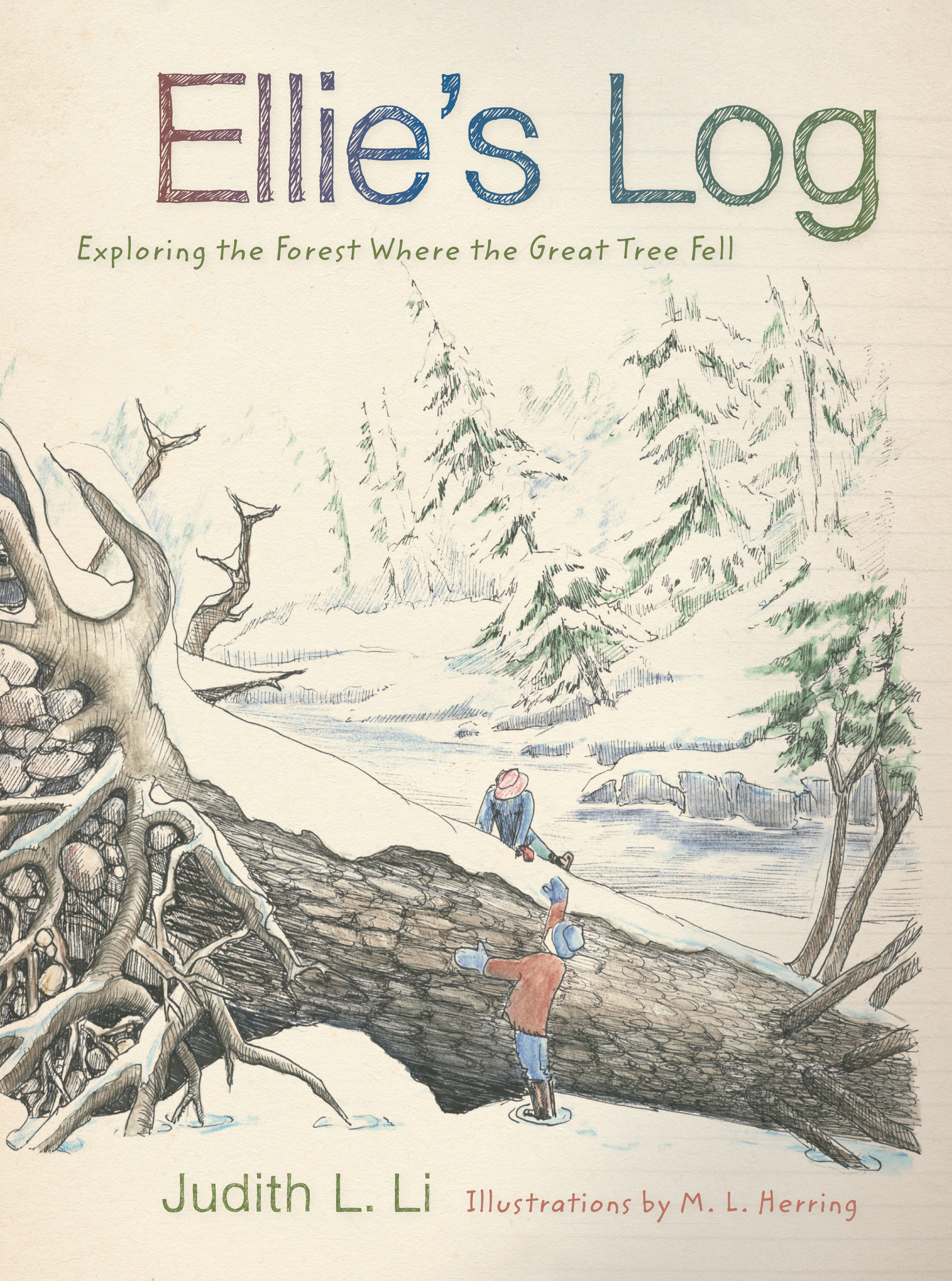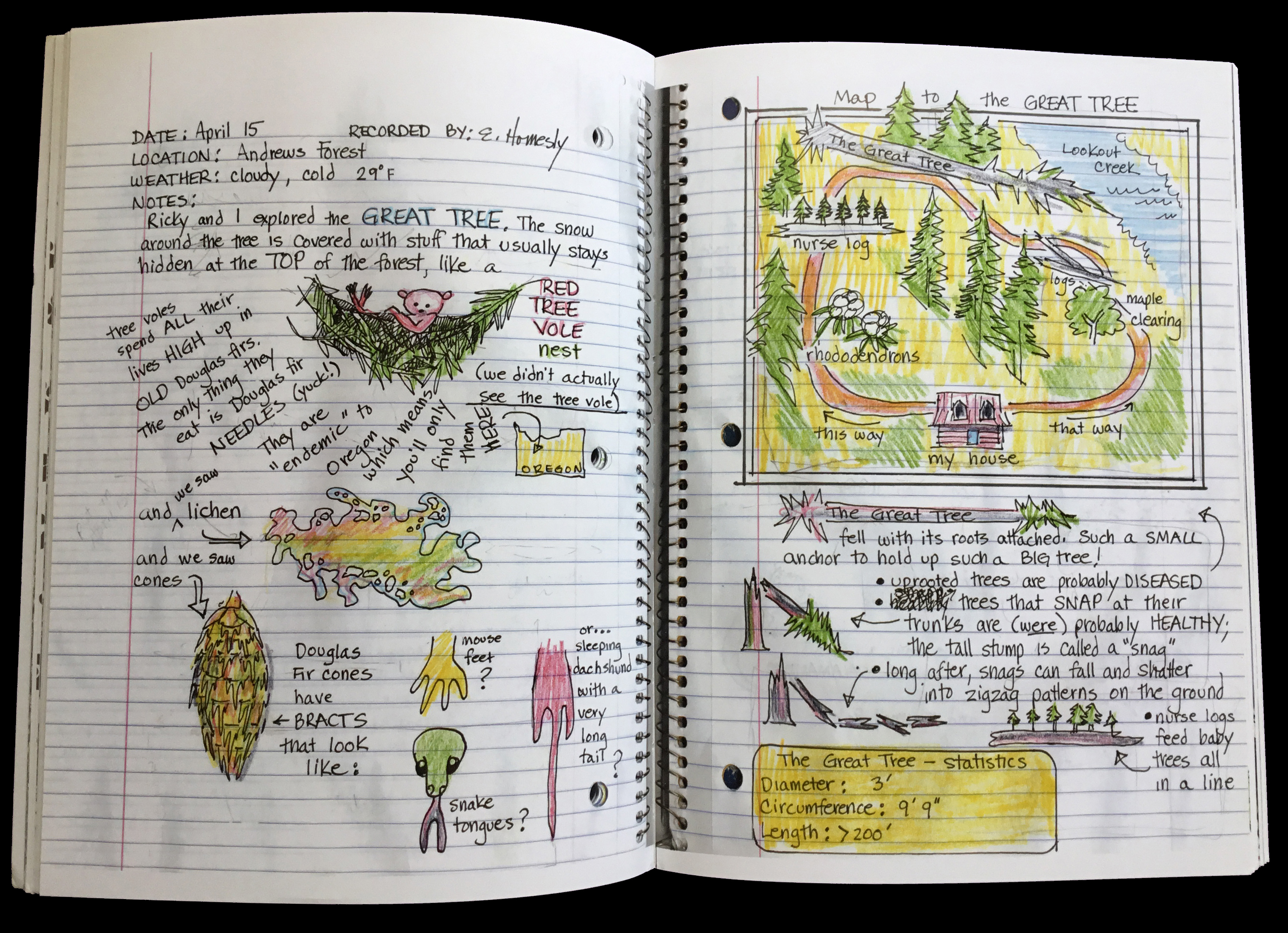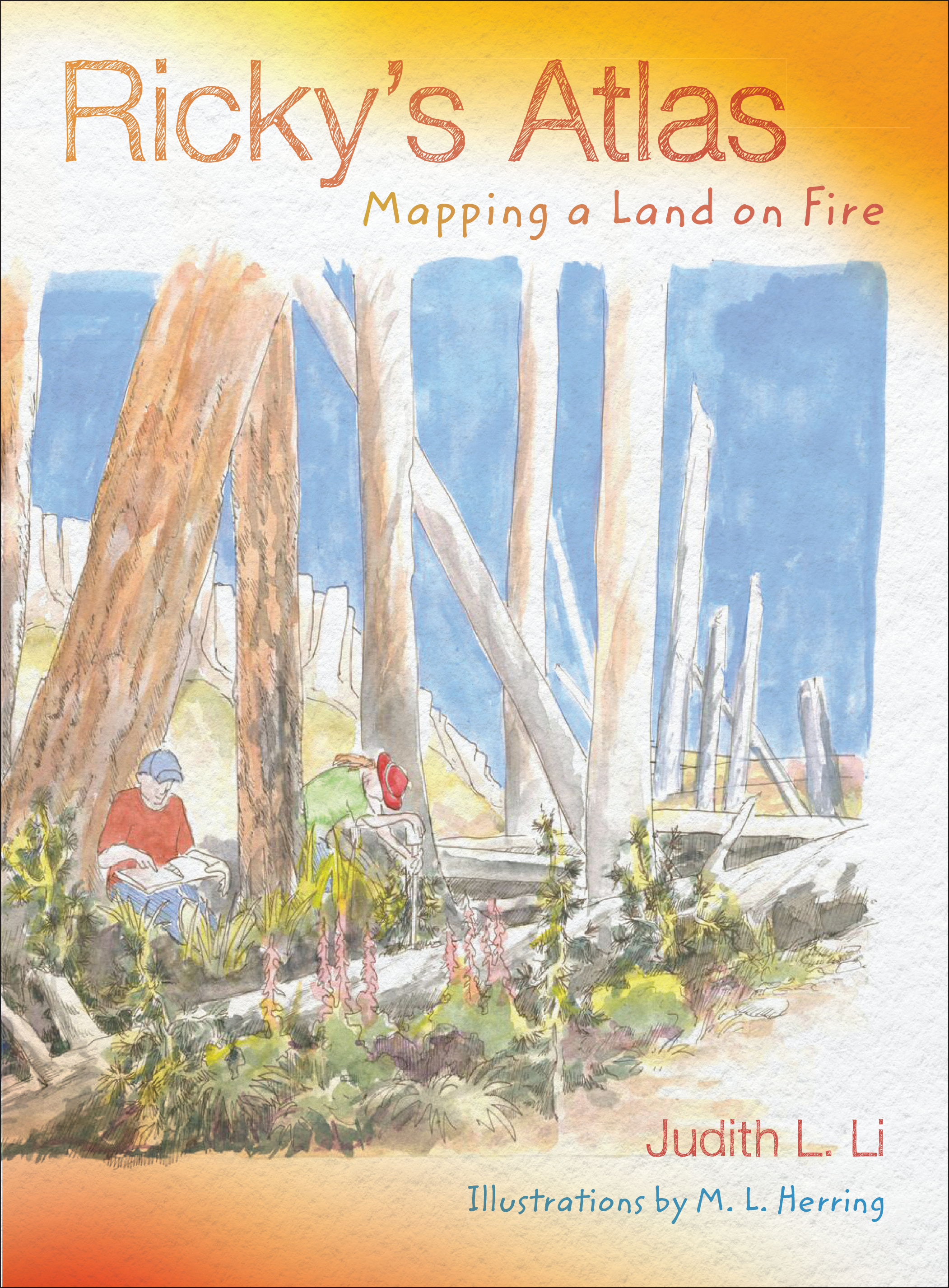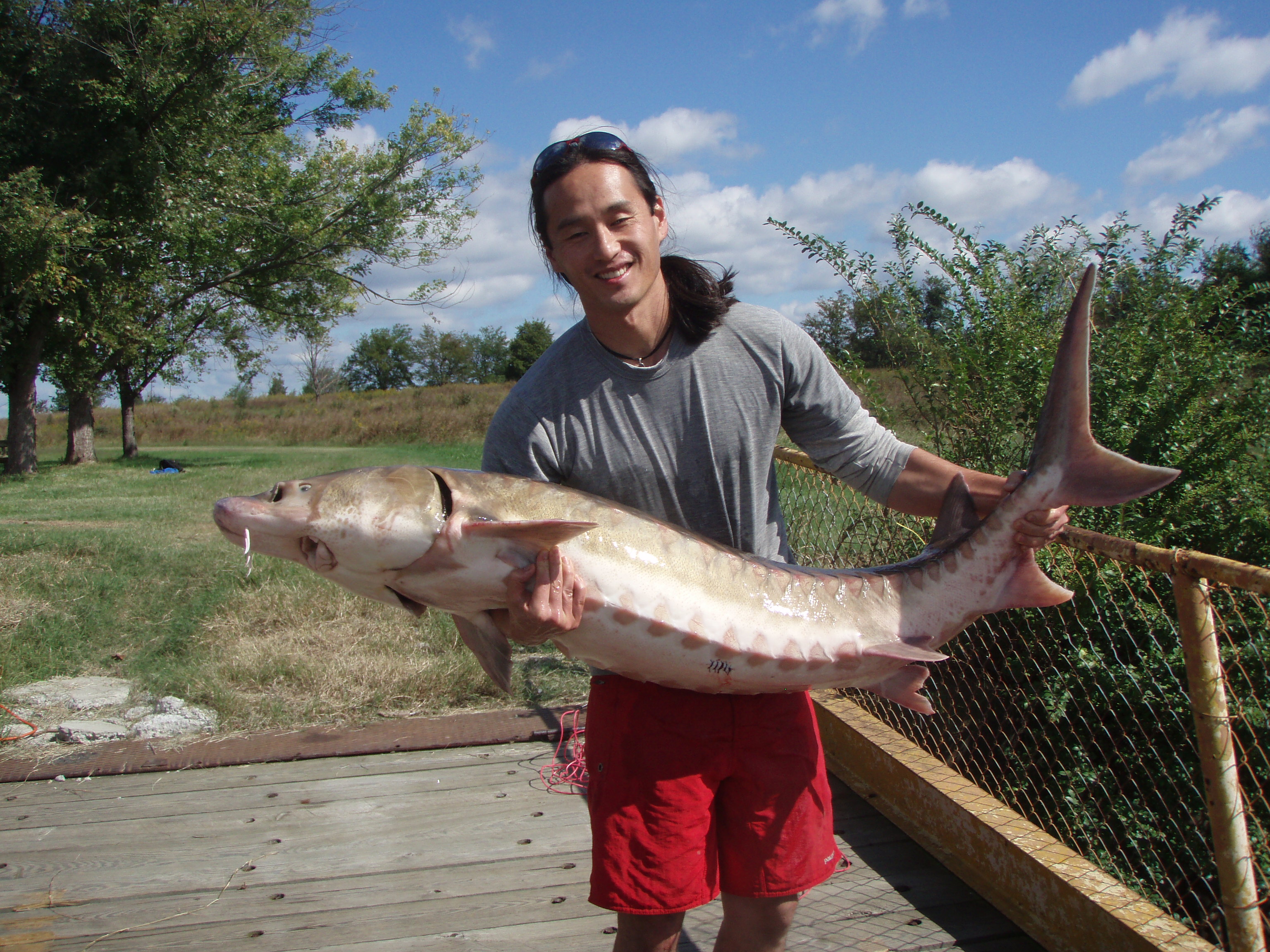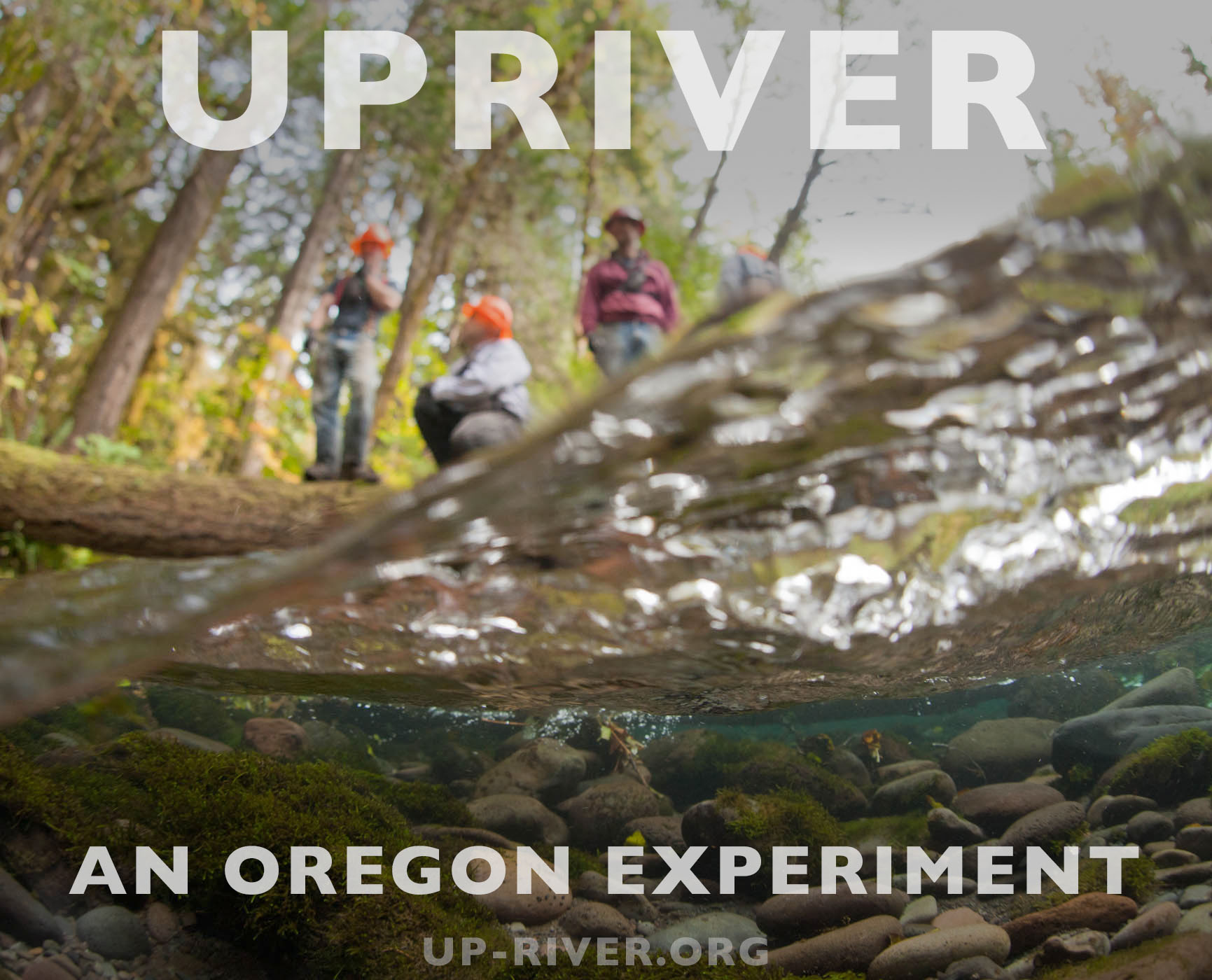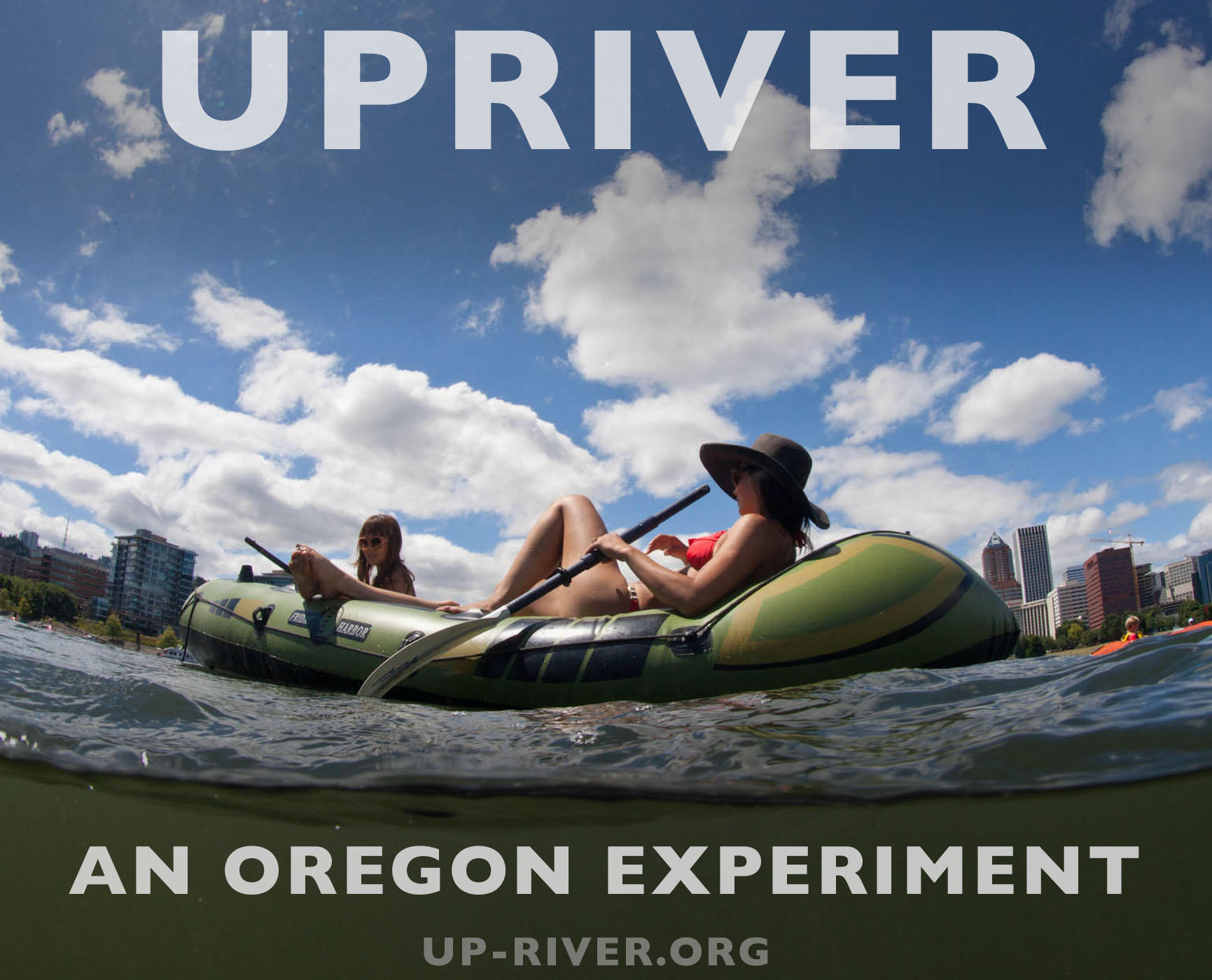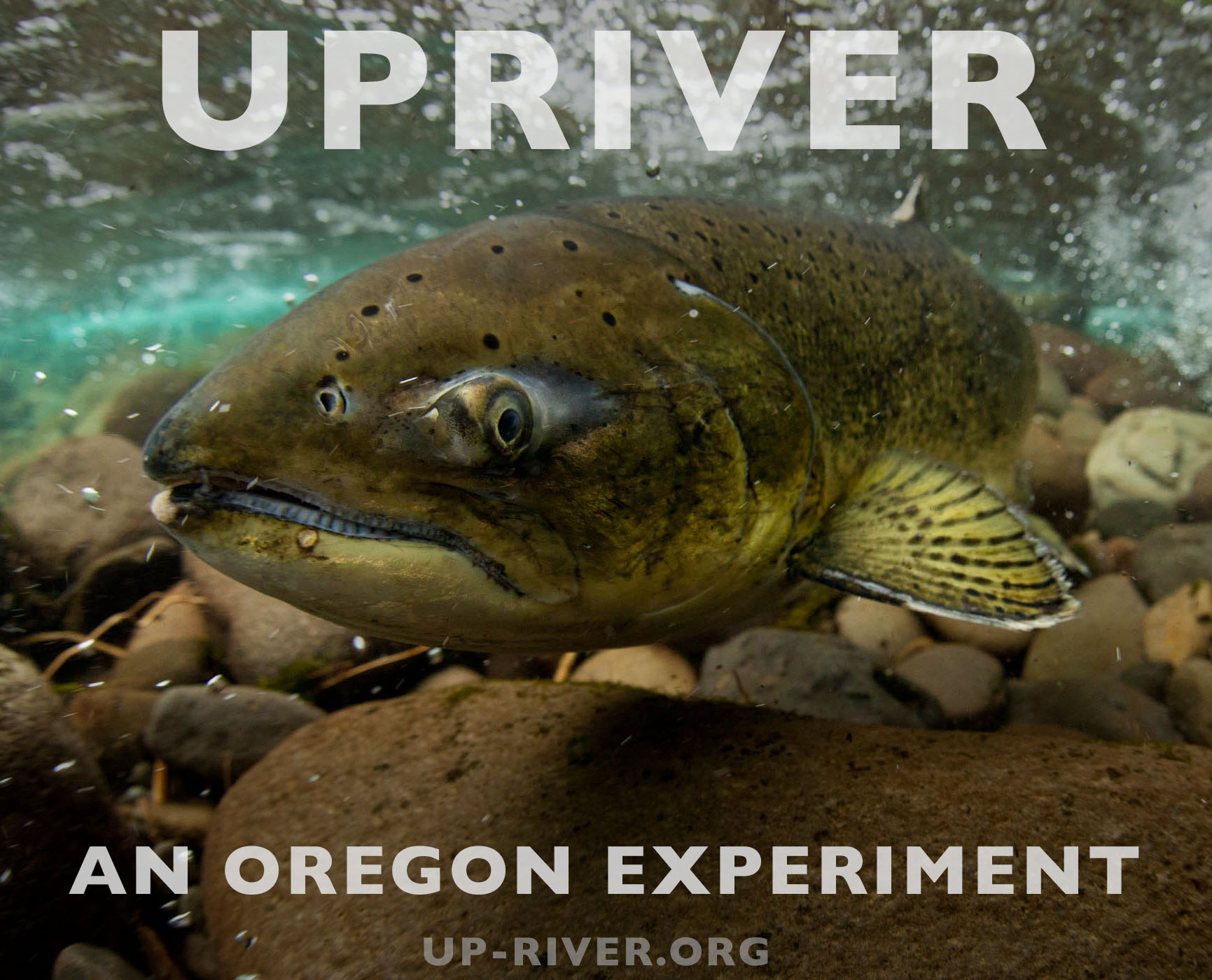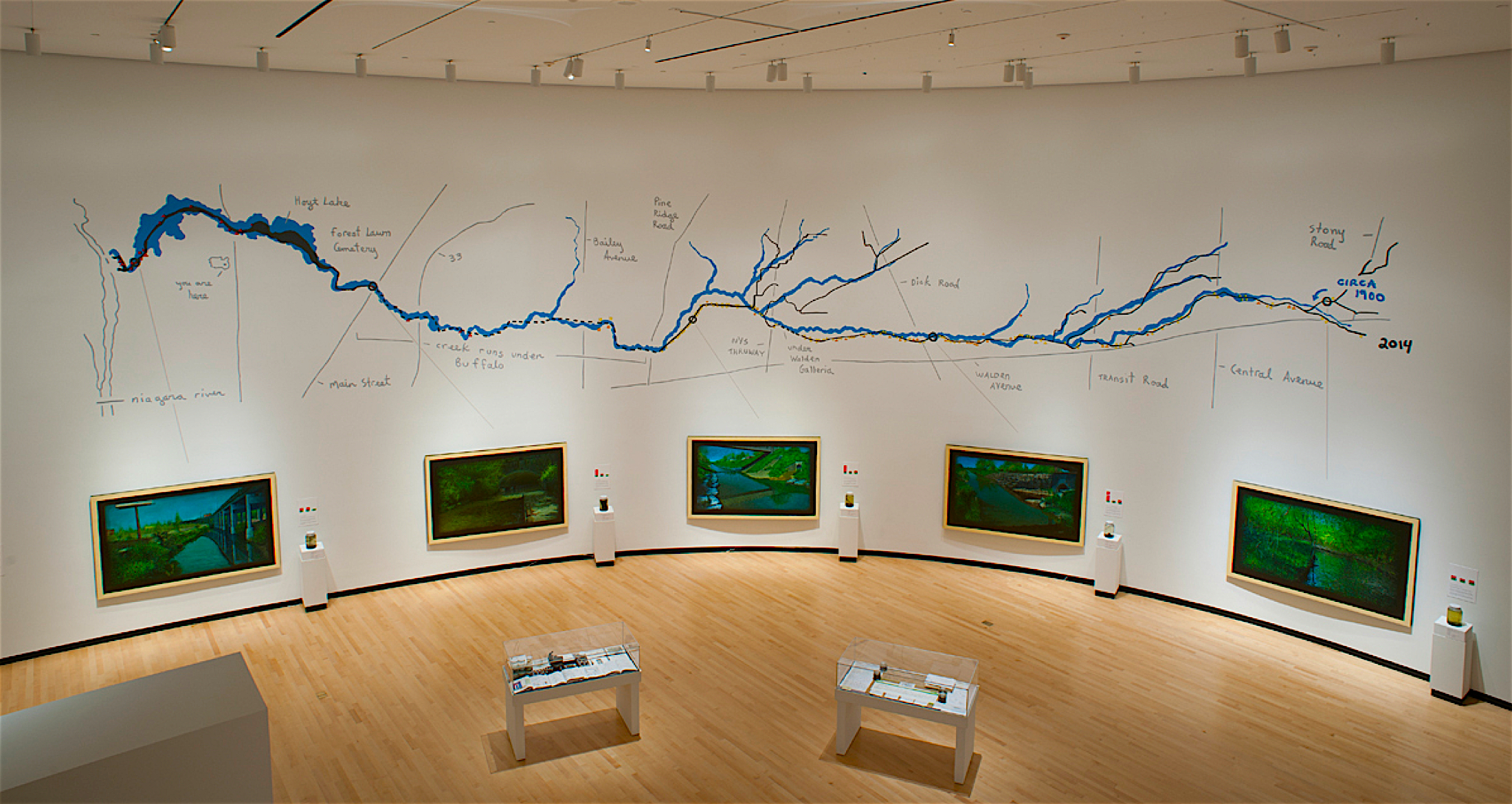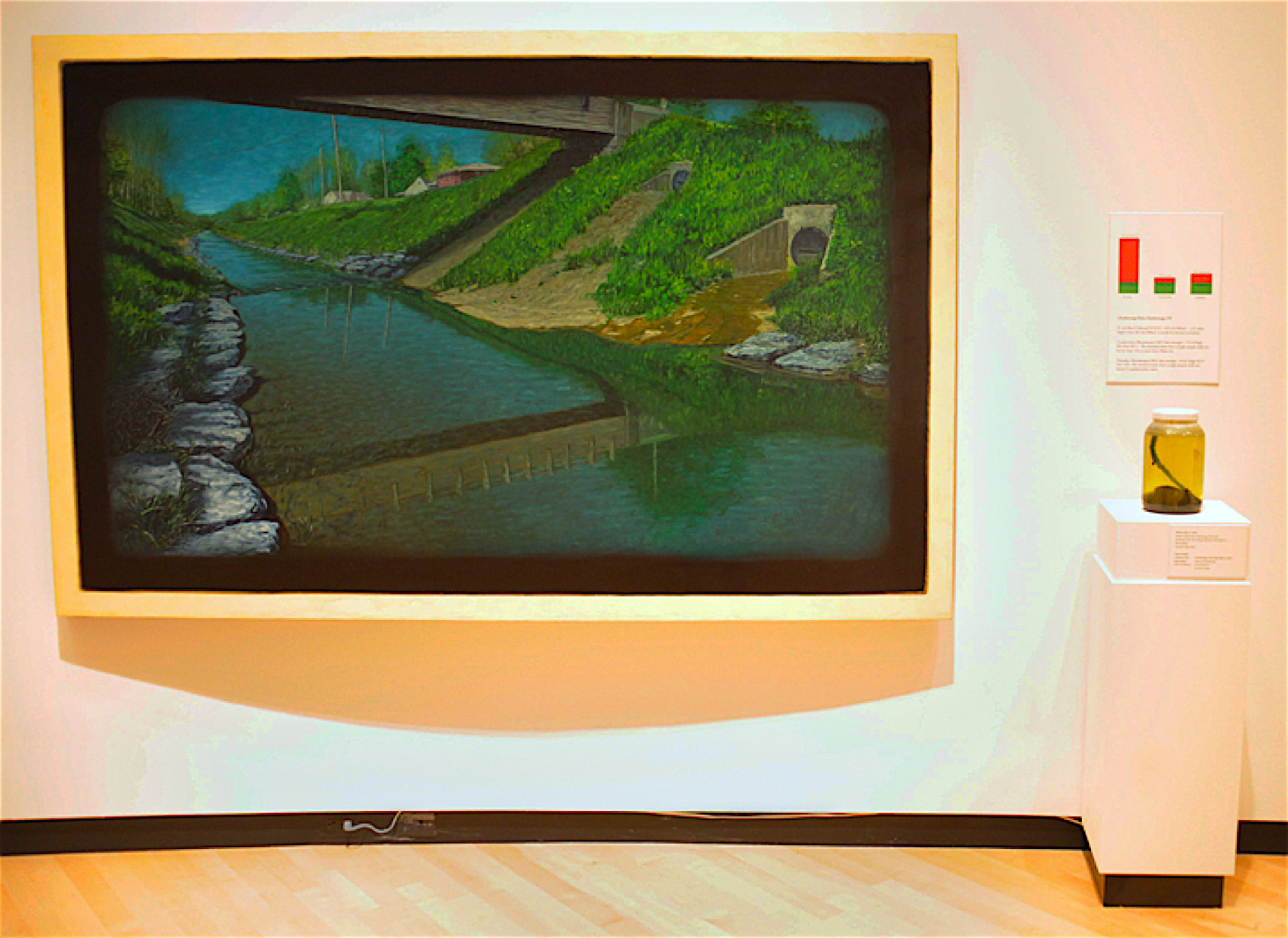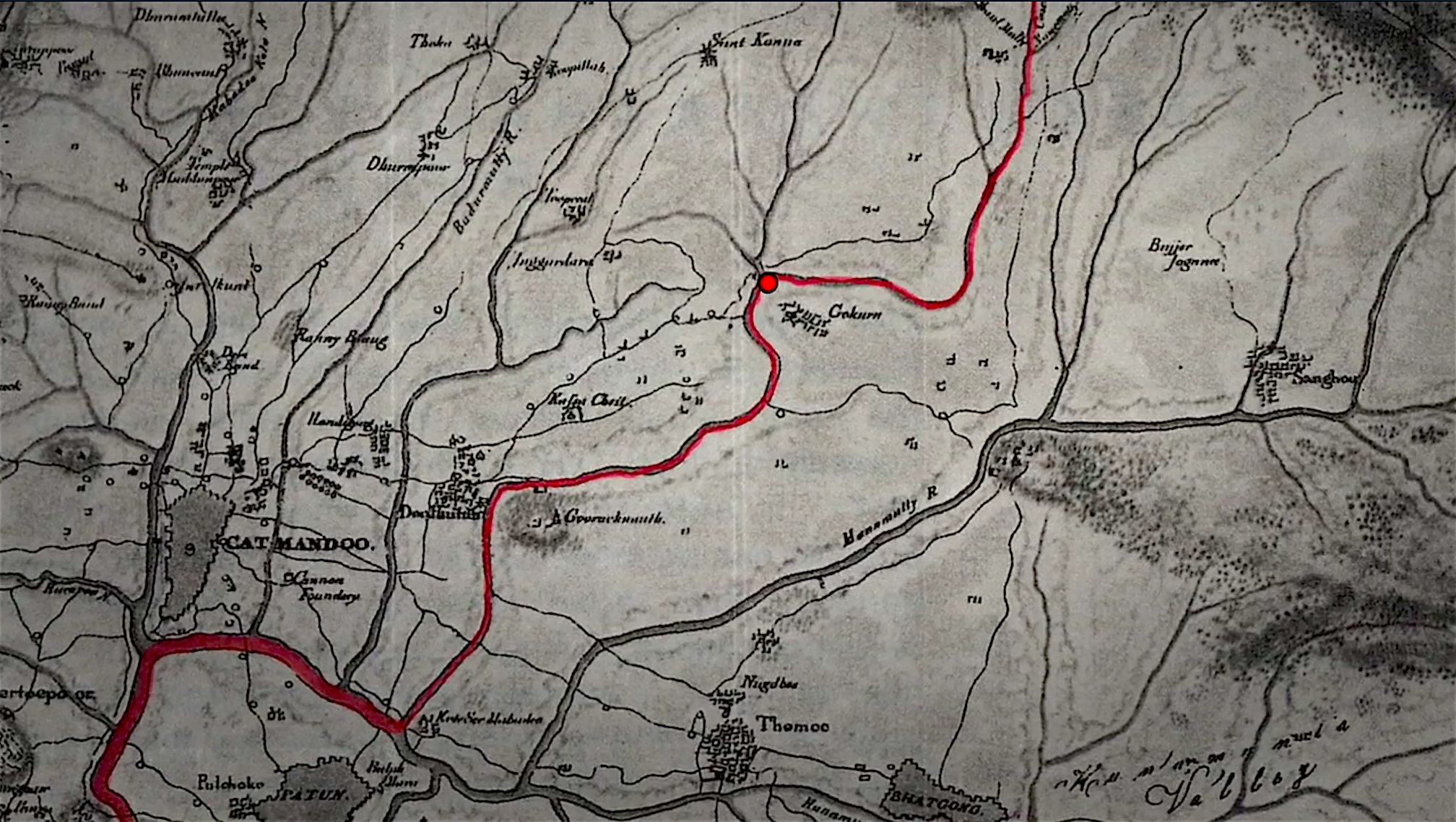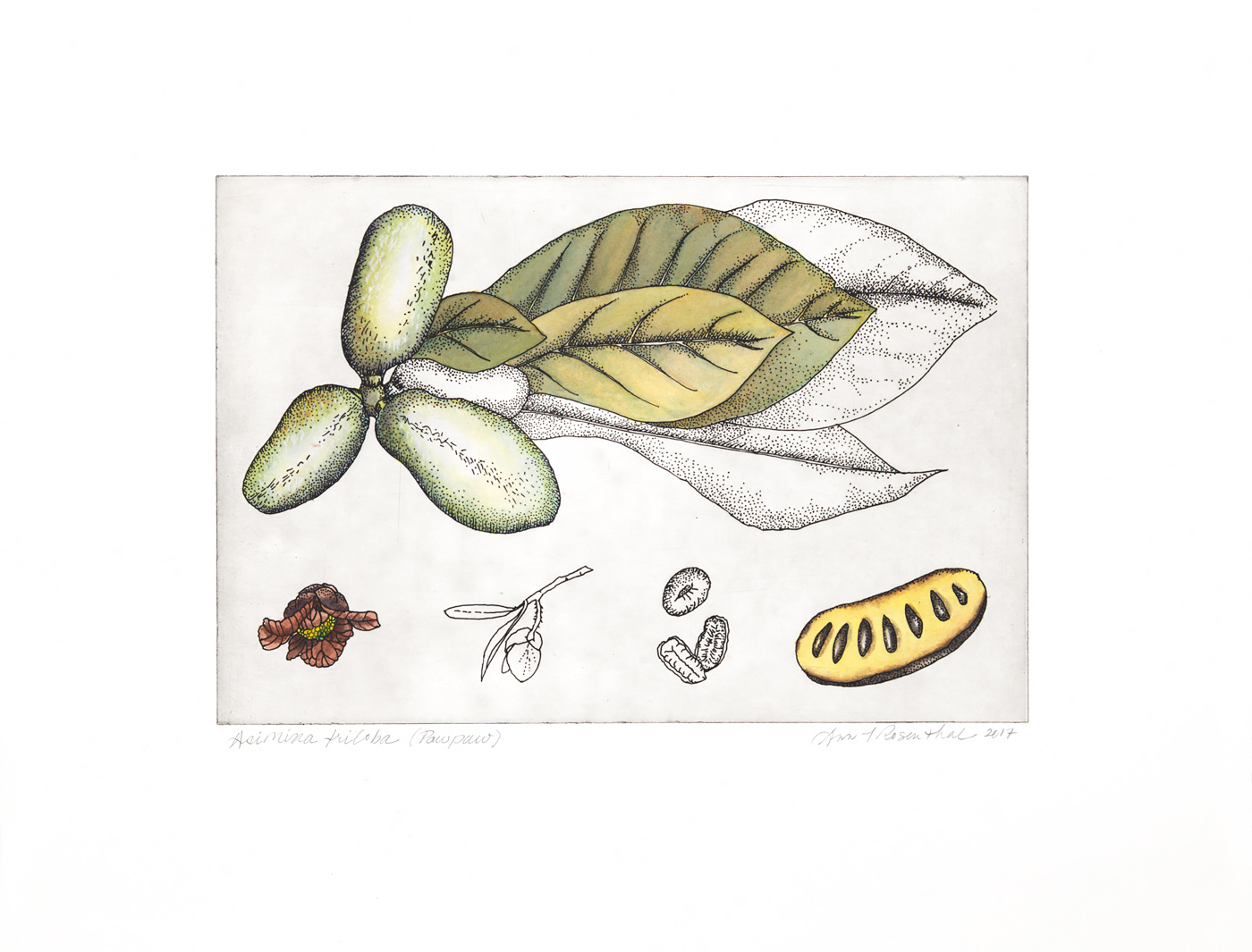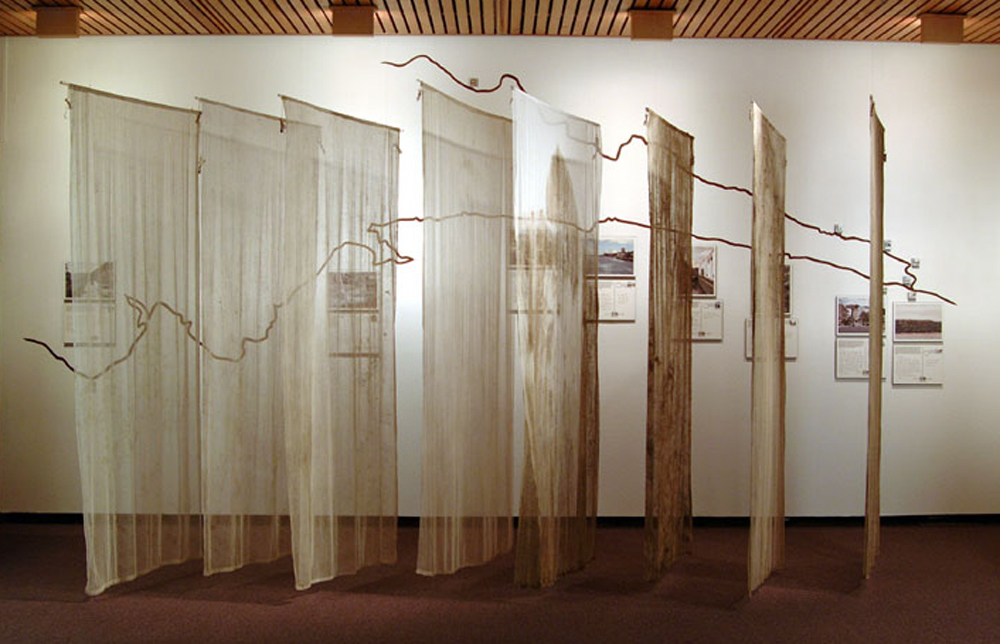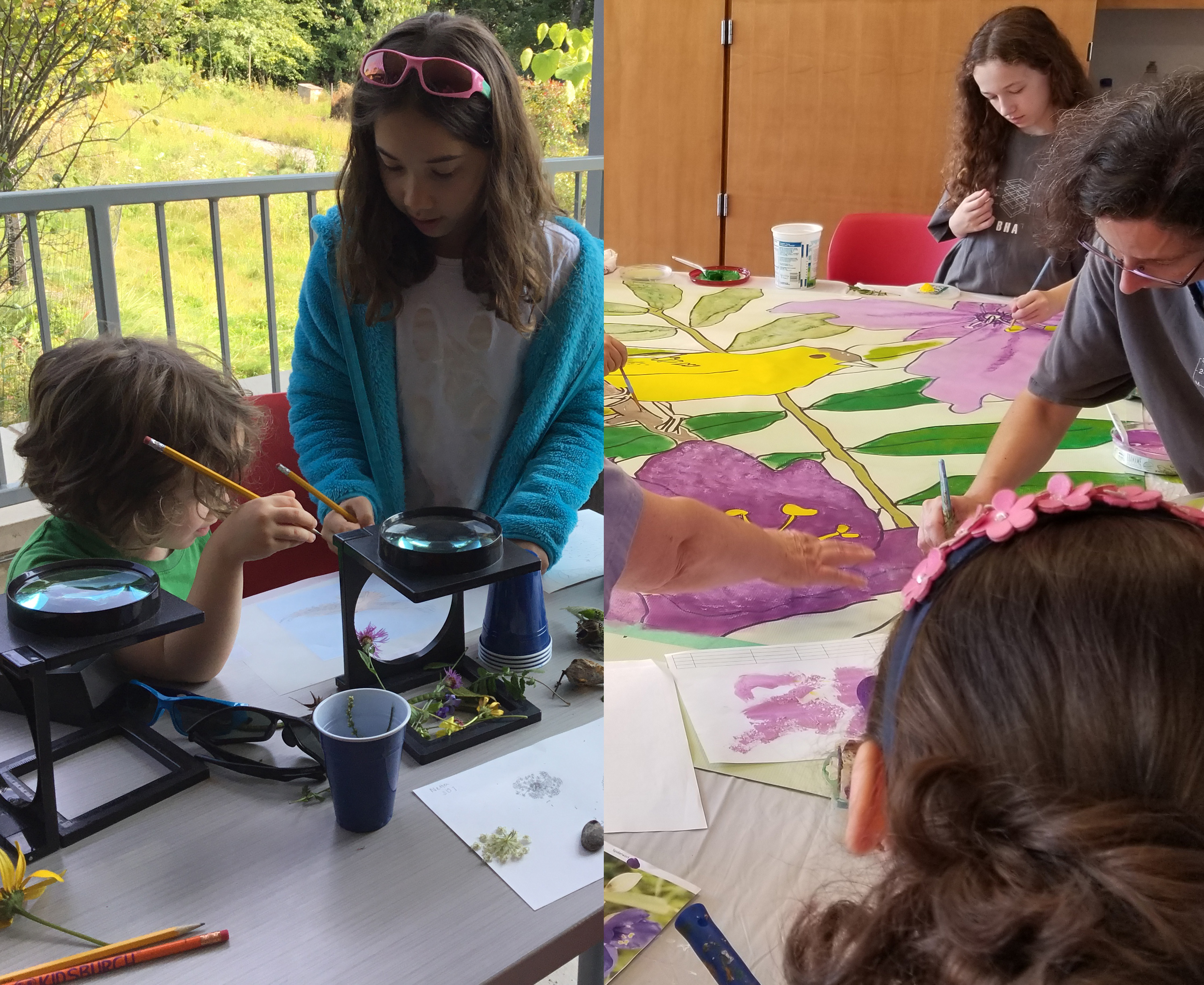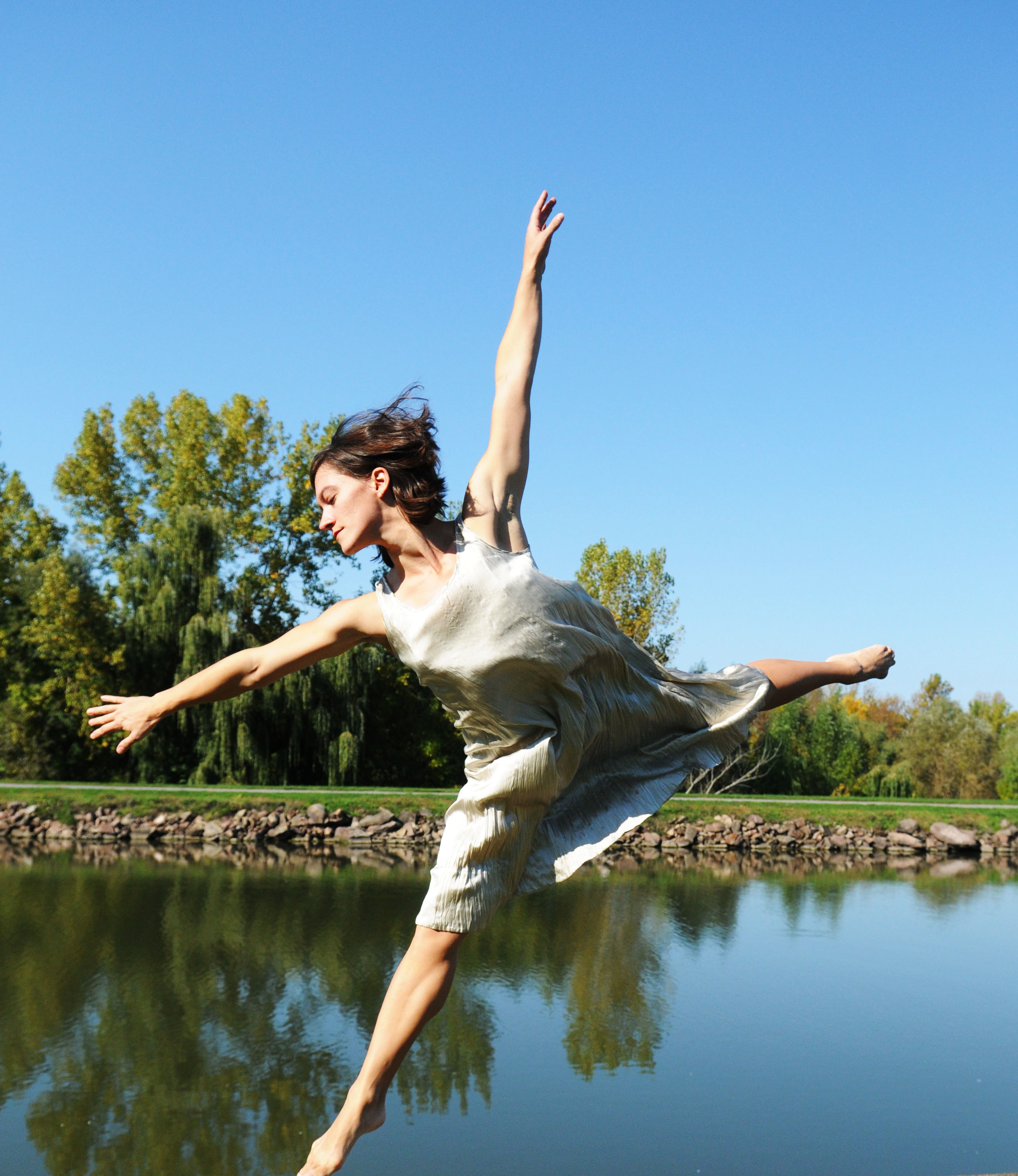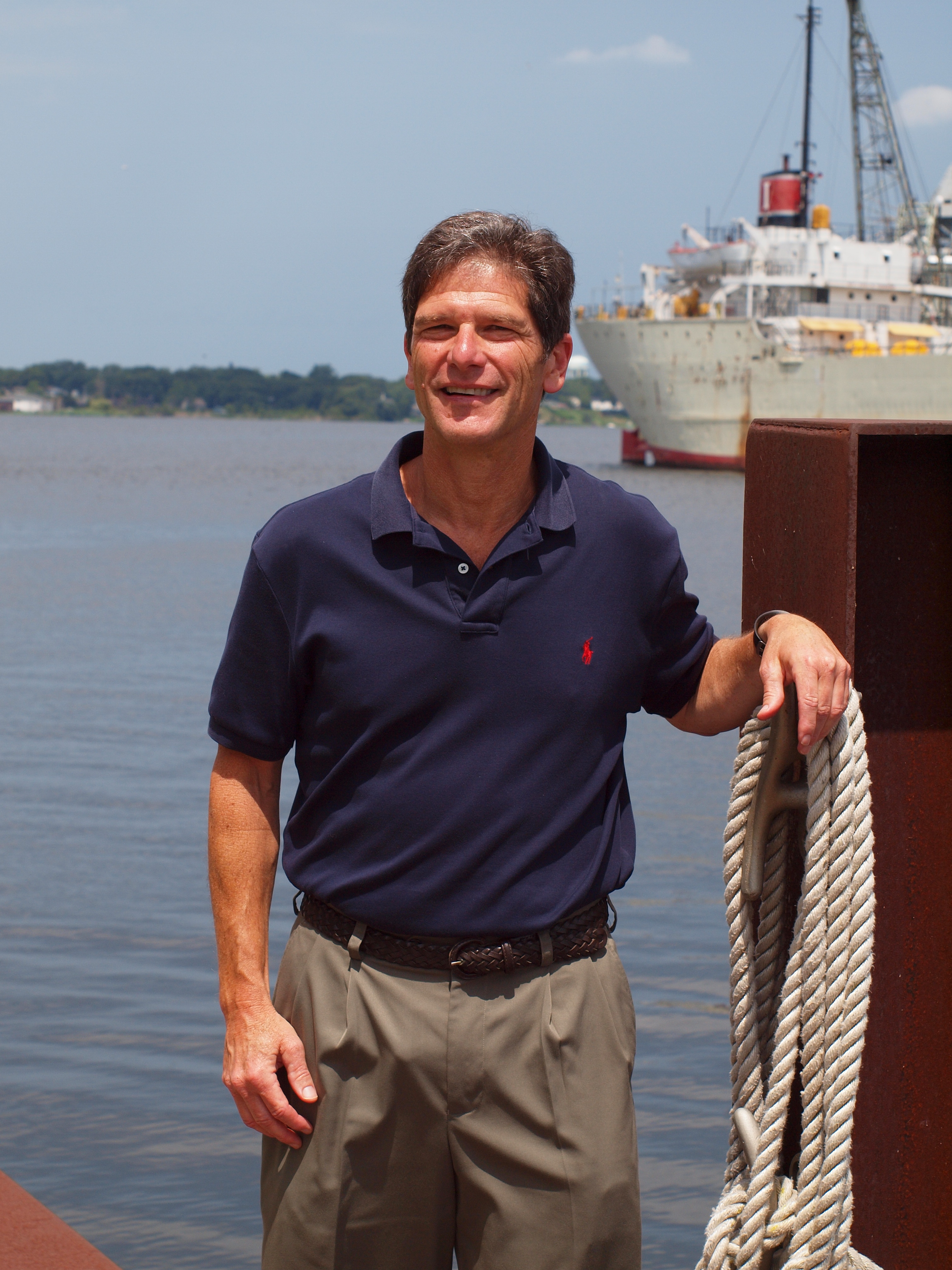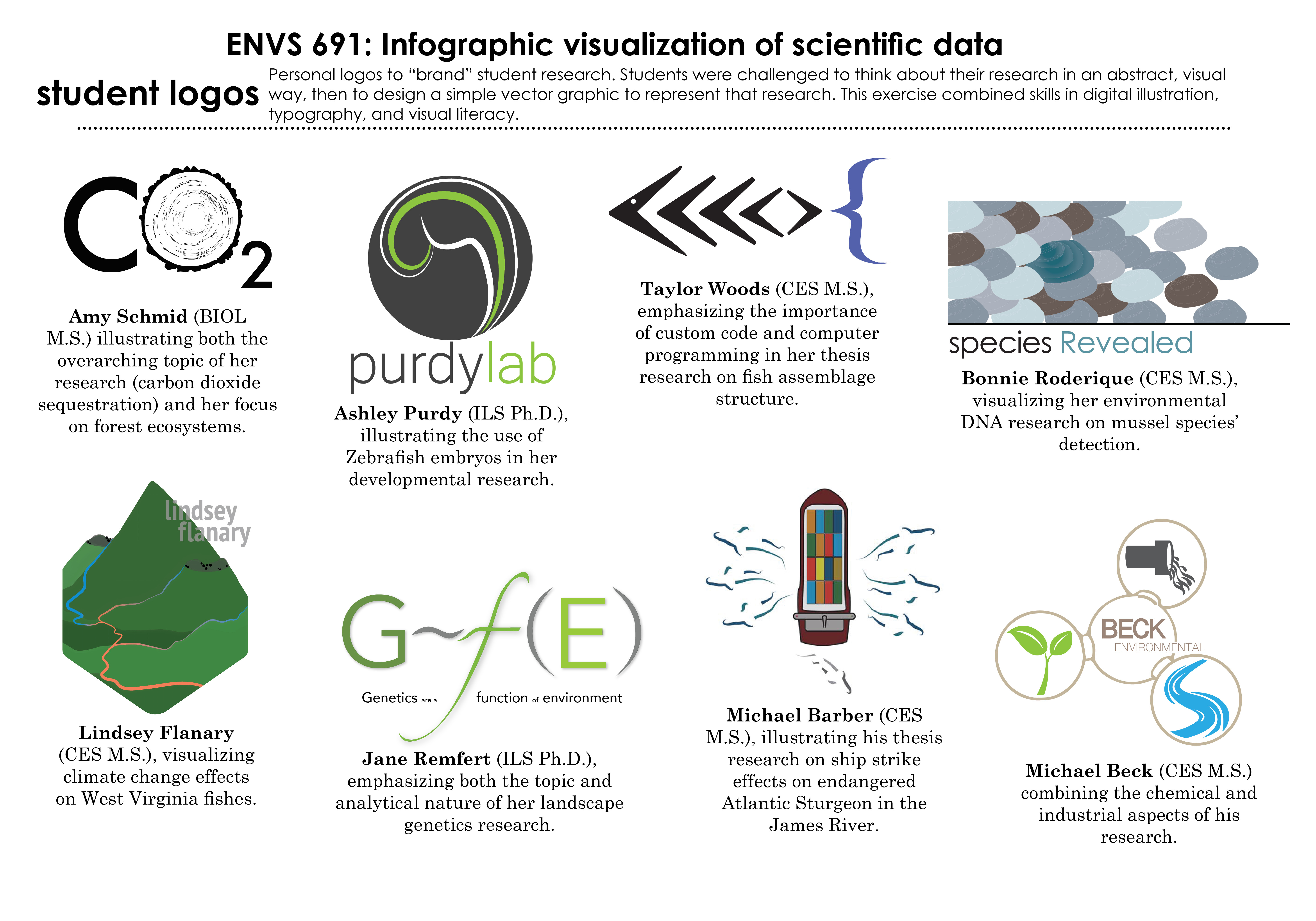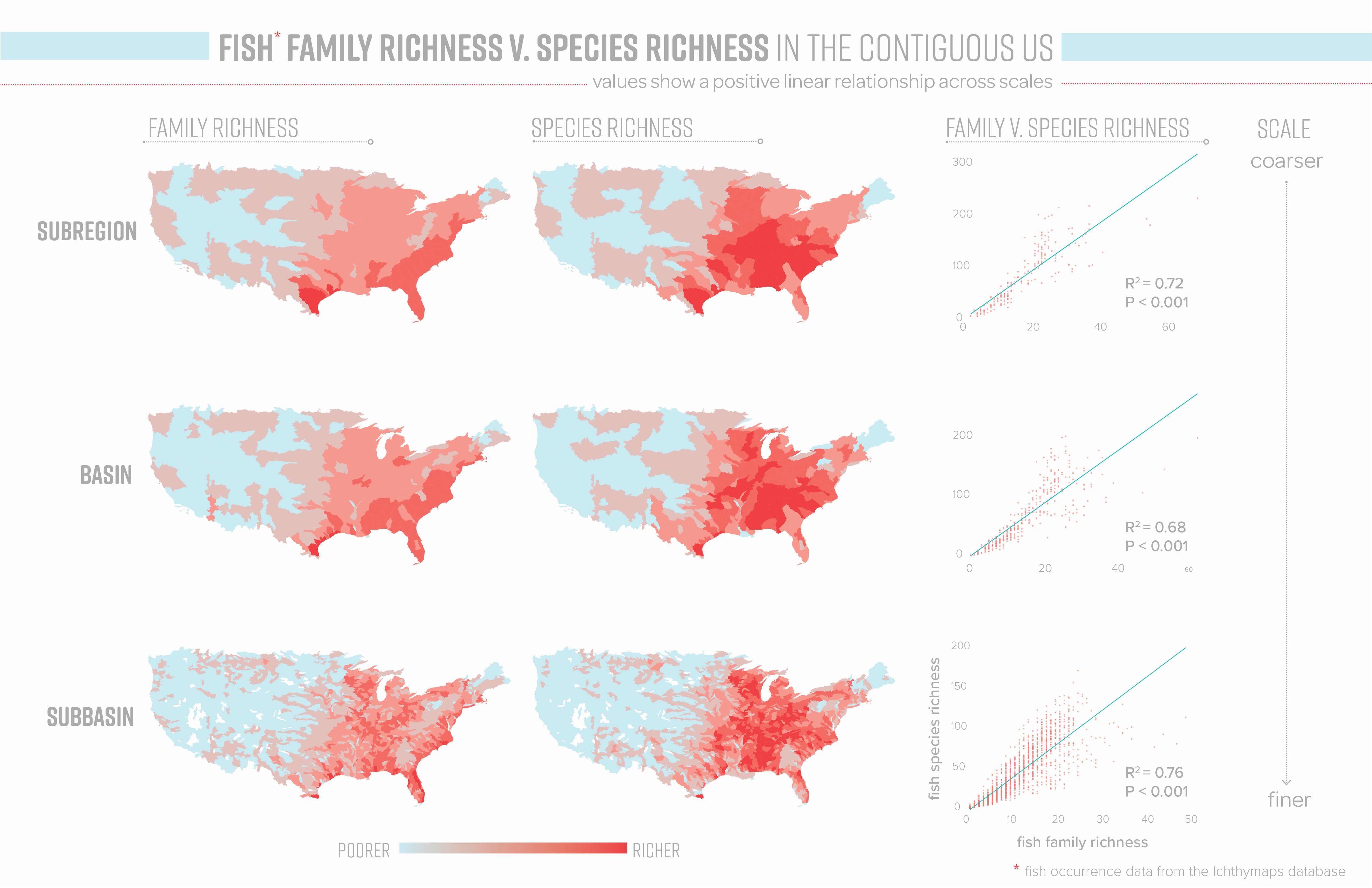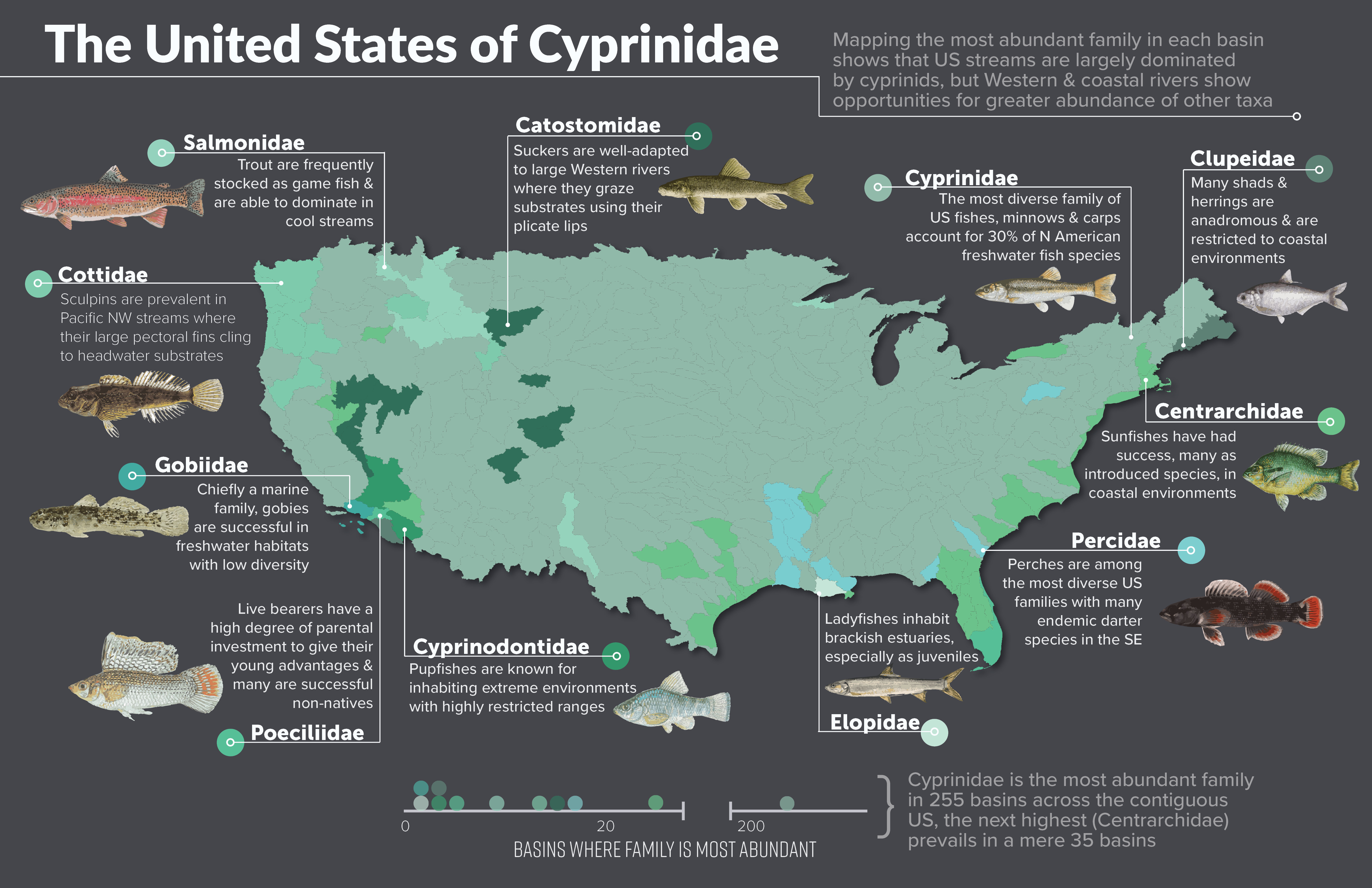Special Session 11:
At the Confluence of Freshwater Science and the Humanities
In this session, invited artists and SFS members will present diverse ways and media through which they engage the public. An important goal of the session is to develop new connections between scientists and artists working on place-based programs in freshwater science. Below, learn about some of our presenters and their creative works.
Please join us on Monday in the Grand Ballroom, 7:30pm - 10:15pm for "Rivers and Cultures," a special evening of art/science collaborations featuring presenters from Special Session 11 in a live dance and original music performance plus several award-winning short films. See the evening schedule here.
Biography
Born in Chile, Sara Adlerstein left in 1983 to attend graduate school at the University of Washington. She is an applied aquatic ecologist and faculty at the School for Environment and Sustainability (SEAS), University of Michigan. She has painted for as long as she has been a scientist and now teaches courses bridging the arts and sciences. Sara initiated and curates the Art & Environment Gallery in SEAS. Her work, shown internationally in galleries and museums, is part of collections and widely published.
She states, "In my world, art and science belong together as naturally as air and water. Observation, experimentation, improvisation, searching for patterns all comes together within the creative process. As such, I have developed my own techniques, and my paintings build on experiences as a scientist and my sensibility as an artist to communicate concerns, dreams, and emotions all emerging from a deep and relentless love for life."
Biography
Jerri Bartholomew is a distinguished professor of microbiology and director of the John L. Fryer Aquatic Animal Health Laboratory at Oregon State University. She is also a researcher of a fantastical group of fish parasites that have provided inspiration for artistic exploration. She uses glass and photographic techniques as a lens to explore landscapes at a variety of scales, from rugged mountains and sinuous river channels to the microbiota that occupy them. Just as a naturalist records data in a notebook, her work attempts to evoke the characteristics of a landscape. She is interested in the connections between art and science and in exploring ways to communicate the wonder in studying a world we cannot see.
Biography
Noted for her "sensitive and imaginative" (New York Concert Review) playing, Korean-born pianist Sookkyung Cho has appeared in venues such as Alice Tully Hall at Lincoln Center, Weill Recital Hall at Carnegie Hall, Chicago Cultural Center, Beaux concerts de la releve in Quebec, Château de Fontainebleau in France, and Zijingang Theater at Zhejiang University in China. She earned her Doctor of Musical Arts degree from Juilliard in 2013 as a C.V. Starr Fellow and has taught at New England Conservatory Preparatory in Boston as well as Peabody Conservatory of Johns Hopkins University in Baltimore. Currently Assistant Professor of Piano, Artist-Performer at Grand Valley State University in Michigan, she is also on the faculty at InterHarmony Music Festival in Italy and Blue Lake Fine Arts Camp in Michigan during the summer.
Biography
Kurt Fausch is Professor Emeritus in the Department of Fish, Wildlife, and Conservation Biology at Colorado State University, where he taught for 35 years and served as acting director of the Graduate Degree Program in Ecology. His collaborations in stream ecology and fish conservation have taken him throughout much of the West, and internationally, including Hokkaido, Japan. Kurt has shared his passion for rivers, streams, fish, and other aquatic biota with audiences worldwide. His experiences were chronicled in the PBS award-winning documentary RiverWebs, created by Jeremy Monroe of Freshwaters Illustrated. In 2015, his book For the Love of Rivers: A Scientist's Journey was honored with the Sigurd Olson Nature Writing Award. He has also received the Award of Excellence from the American Fisheries Society, International Fisheries Science Prize from the World Council of Fisheries Societies and Leopold Conservation Award from Fly Fishers International.
Biography
Great Lakes writer and photographer Lynne Heasley is a faculty member in the Institute of the Environment and Sustainability at Western Michigan University, where she teaches courses in "water humanities," environmental history, and sustainability studies. She is author of A Thousand Pieces of Paradise: Landscape and Property in the Kickapoo Valley, and co-editor and author of Border Flows: A Century of the Canadian-American Water Relationship. The essays in her current book project, The Accidental Reef: A Great Lakes Composite, engage freshwater scientists, artists, poets, divers, and technical specialists, many who appear in the essays, or who collaborate on related Great Lakes forums.
Biography
Judy is a "semi-retired" Associate Professor in Fisheries and Wildlife at Oregon State University, She has explored riparian and stream food webs with students and research assistants in eastern and western Oregon, and in retirement continues decade-long studies in headwater streams. She was a recipient of a Distinguished Service Award from NABS, OSU's Woman of Achievement Award, Water Watch of Oregon's Conservation Award and several university teaching awards, including NASULGC/USDA Western Region Excellence in Teaching. She edited a collection of cultural ecology essays, To Harvest, To Hunt, and co-edited Wading for Birds with Michael Barbour before starting a series of children's books. Based on the work of other scientists and her own experiences, Ellie's Log received an honorable mention from the John Burroughs Association. That book was a finalist for AAAS/Subaru Excellence in Science Books: Hands-On Science, and Ricky's Atlas received the prize for that award in 2017.
Biography
Daniel is an associate professor in the Center for Environmental Studies at Virginia Commonwealth. His research program incorporates stream ecology, fish biology, biogeography, environmental modeling, and environmental law. However, he believes that the most important and pressing challenges facing the scientific community are not rooted in science per se, but in effective communication with general audiences.
Biography
The work of Jeremy Monroe serves to remind people of the vibrance, diversity, and profound importance of rivers, lakes, and wetlands. From a background in aquatic ecology, he has found filmmaking to be one of the most expressive ways to capture the beauty of these ecosystems. With a talented group of visual artists and communicators, Jeremy seeks out stories that convey the beauty and value of freshwater life, and he and his team work to make those stories as compelling as they can be. He directs the nonprofit organization, Freshwaters Illustrated, based in Corvallis, Oregon.
Biography
Alberto Rey is an artist, a distinguished professor at the State University of New York at Fredonia, an Orvis-endorsed fly fishing guide, and the founder and director of the Children in the Stream Youth Fly Fishing Program.
His artwork has been influenced by his Cuban lineage and his attempt to find a sense of identity in a complex contemporary environment. His abstract work from 1982 through 1992 dealt with issues related to layered memories of Cuban iconography and his American experiences. After 1992, his drawings and paintings incorporated realistic imagery as an attempt to make clear connections between art history, regionalism, and his bi-cultural concerns. In 2000, his reflections on contemporary society started to incorporate environmental issues, perspectives in contemporary art theory, art history, biology, and society's disconnections with nature.
Alberto's paintings and videos can be found in over twenty museum collections and have been in around 200 exhibitions.
Biography
Ann T. Rosenthal brings to communities over 30 years' experience as an artist, educator, and writer. Her work examines the intersections of nature and culture through timely issues, including climate change, nuclear waste, biodiversity, and biophilia. Her work has been featured in exhibitions across the U.S. and internationally. Ms. Rosenthal's essays on eco/community art have been published in several journals and anthologies, including "Redefining Beauty in the Context of Sustainability" in Regenerative Infrastructures, New York: Prestel, 2013. In 2016, she initiated LUNA (Learning Urban Nature through Art), a community-centric ecoliteracy and art program, supported for the first year by The Sprout Fund. In 2018, she will have a solo exhibition at the School for Environment and Sustainability, University of Michigan, Ann Arbor, and she has been invited to a residency at HJ Andrews Experimental Forest through University of Oregon. She received her MFA from Carnegie Mellon University in 1999.
Biography
Hannah is an Assistant Professor at Grand Valley State University. Previously based in New York City, professional performance credits include Tiffany Mills, Mariah Maloney, Erica Essner Performance Co-op, David Appel, and Gibney Dance with whom she also offered workshops to domestic violence survivors. She has served as Lecturer at Purchase College, SUNY, Education Programs Coordinator for Dance New Amsterdam, summer intensive teacher at NYU's Tisch School for the Arts and Interlochen Center for the Arts, and has worked for the NY State Dance Education Association. Hannah's choreography has been seen throughout New York City and State, commissioned by the Society for New Music, and presented in the Midwest RAD Fest and Regeneration festivals. Her piece "Time We Have" was a finalist for the Michigan Dance Council's Maggie Allesee Choreography Award. BA Pomona College; MFA College at Brockport, SUNY; certifications: Pilates, Autism Movement Therapy.
Biography
Alan (Al) Steinman has been Director of Grand Valley State University's Annis Water Resources Institute since 2001. Previously, he was Director of the Lake Okeechobee Restoration Program at the South Florida Water Management District. Steinman has published over 155 scientific articles and book chapters, has been awarded over $50 million in grants for scientific and engineering projects, and has testified before the U.S. Congress and the Michigan and Florida state legislatures. Steinman is a member of science advisory boards for the U.S. EPA, the Joint Commission, Michigan DEQ, Sea Grant, University of Michigan's Water Center, and the Cooperative Institute for Great Lakes Research. He currently serves as Associate Editor for Freshwater Biology. Steinman's research interests include aquatic ecosystem restoration, harmful algal blooms, phosphorus cycling, and water policy. Dr. Steinman holds a Postdoctoral Research Fellowship from Oak Ridge National Laboratory, a Ph.D. from Oregon State University, a M.S. from the University of Rhode Island and a B.S. from the University of Vermont.
Biography
Taylor is a research assistant in the McGarvey lab at the Virginia Commonwealth University Center for Environmental Studies where she completed her MS thesis on abiotic and biotic determinants of American Eel distribution. Broadly, she is interested in researching community assembly of stream fishes and potential community disassembly due to climate change. She also enjoys using her visual communication training to make creative and appealing infographics and figures.


